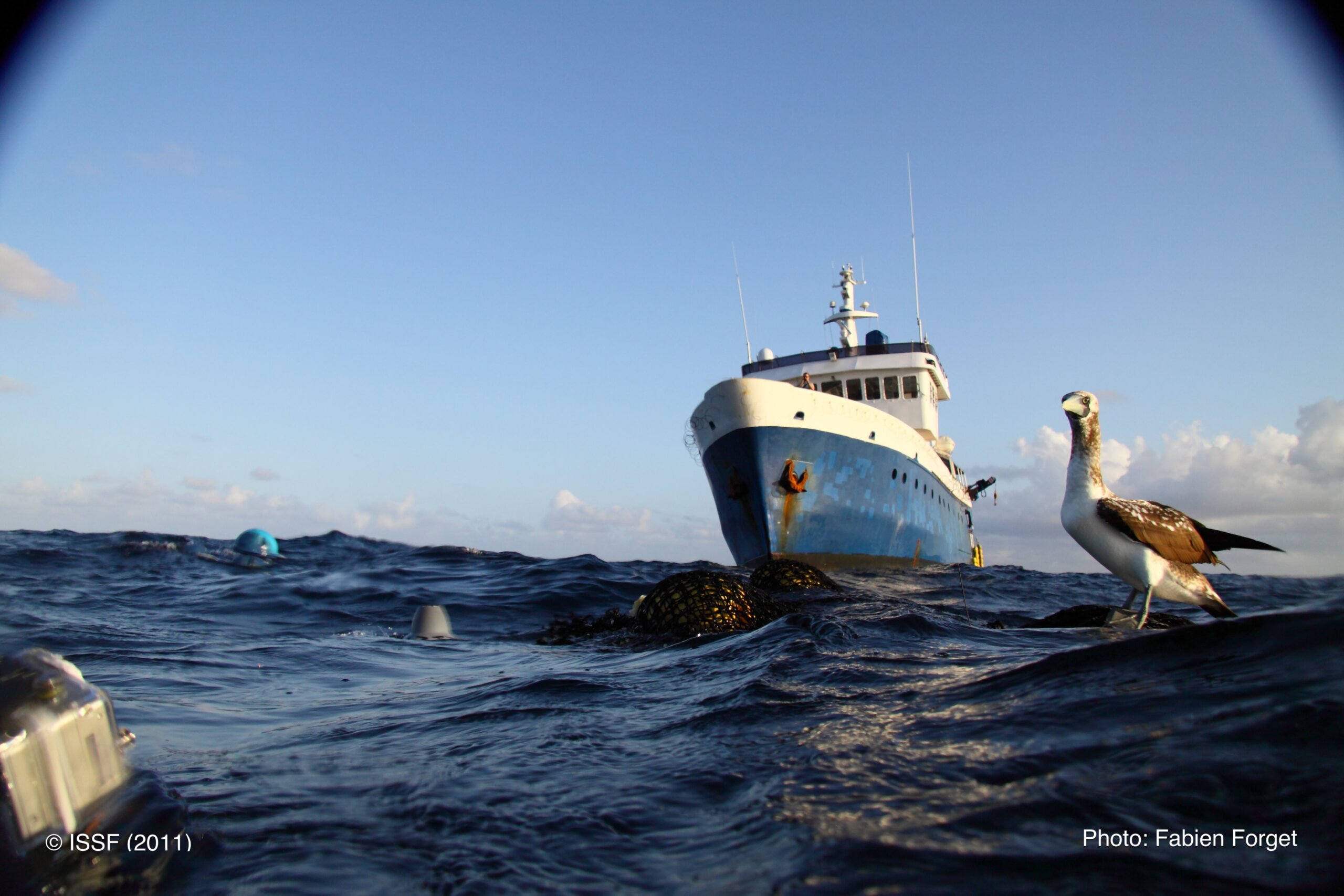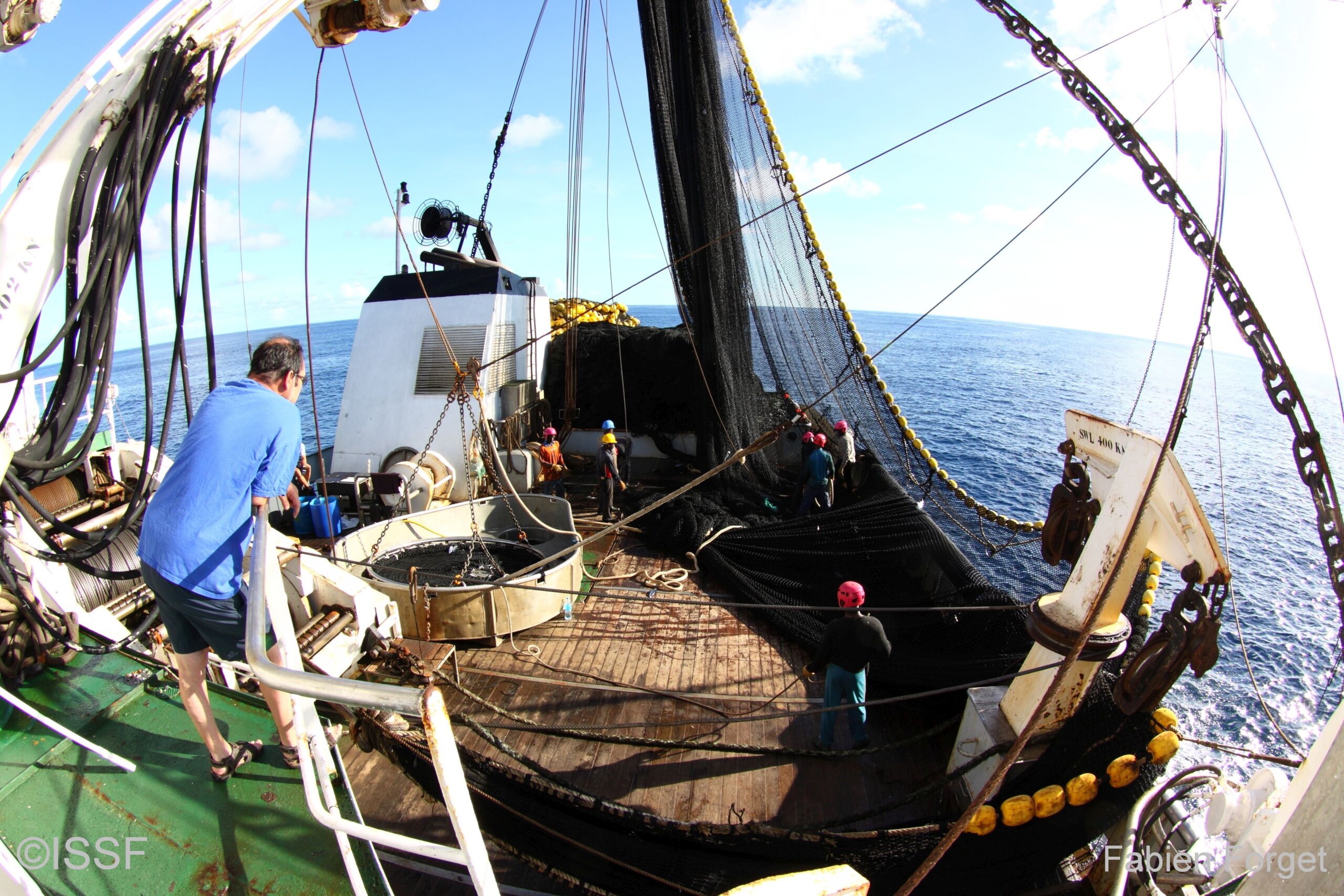World Tuna Day 2015: Progress Toward Sustainability
May 2, 2015
Posted by Susan Jackson
Every year in recognition of World Tuna Day, our Foundation sets aside some time to reflect on the wins of the year behind us and what will be our focus in the year to come.
We’re focused on ensuring that the best science-based tools and practices are made available to fleets across the world so that every member and component of the world’s tuna community is informed and in sync. One way the Foundation makes this happen is through by-catch mitigation workshops held with fishers from the principal tuna purse seine fleets of the world. We continue to bring together advisors and conservation experts with fishers to discuss ways to find sustainable fishing practices, including in in FAD-fishing fleets.
We visit some of the principal ports and fleets covering the Pacific, Indian and Atlantic Oceans. In addition to fishers, other key stakeholders of the tuna fisheries such as ship owners, fleet managers, cannery directors, government officials, scientists and NGO members participated in these events last year.
Special emphasis was placed in 2014 on collaborating with Asian fleets, conducting workshops in Korea, Indonesia, Philippines and Taiwan. We continue to work with skippers from the South American fleets such as Ecuador and Panama; and European skippers like those from Spain. In Africa we visited the port of Tema in Ghana, with a workshop in which also pole and line FAD-fishing captains collaborate. And we spent time in the port of Pago Pago, American Samoa in the Pacific where an important proportion of the U.S. fleet operates.
A lot of attention has also been placed on improving fish aggregating device (FAD) management across regions. Last year, ICCAT and WCPFC created special FAD working groups to assess the use of FADs in tropical tuna fisheries; developments in FAD technology; the collection of additional FAD data; FAD marking and identification; FAD monitoring, tracking, and control and then to identify management options. ICCAT also became the second RFMO to mandate the use of non-entangling FAD designs and is now requiring its members to replace existing FADs with non-entangling designs by 2016. ISSF was thrilled to hear this news. We recently updated our own guide to non-entangling FADs following a collaborative workshop with fishers and scientists on the topic.
World Tuna Day serves as an excellent opportunity for us to take a look back and remember what a valuable resource tuna is, and continuing to raise awareness around the topic is always great progress. We applaud the PNA for continuing this annual tradition to keep tuna issues in the larger conservation dialogue.


